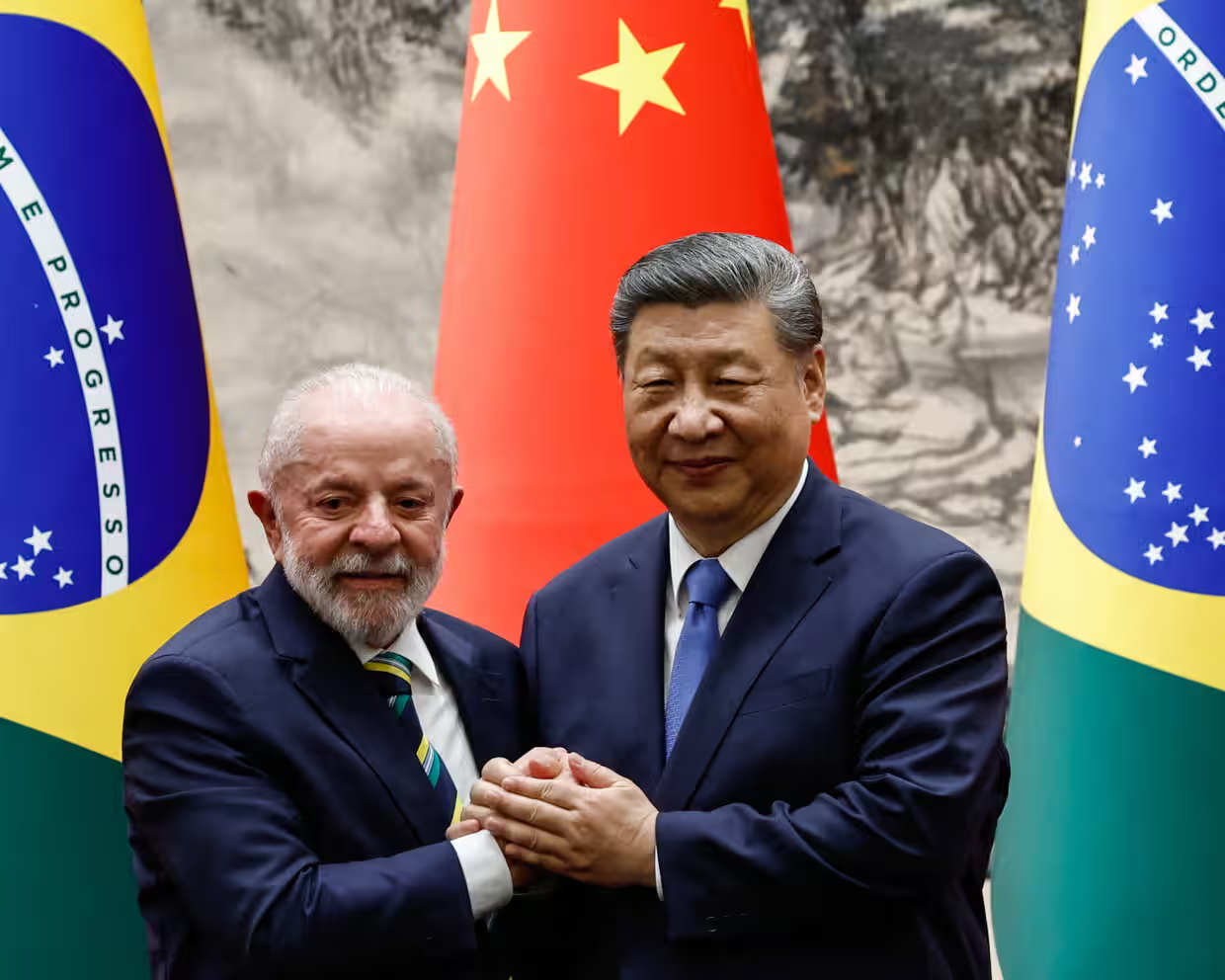In India-administered Kashmir, a quiet but growing trend is unfolding as dozens of young men seek to remove their tattoos—symbols once of personal expression, now increasingly seen as potential markers of suspicion under intense police scrutiny. As fears rise about profiling, harassment, and even detention, tattoo removal clinics in the region are witnessing a surge in demand.
The shift has become particularly noticeable over the past year. Tattoo studios that once flourished across Srinagar and other towns are now matched by clinics specializing in laser tattoo removal. Many of the clients are young men in their late teens or twenties, who say they have been subjected to questioning, harassment, or beatings by security forces over their body art.
“In Kashmir, a tattoo is no longer just a tattoo,” said Zubair*, a 23-year-old student who recently paid for multiple painful sessions to erase a large Arabic script tattoo on his forearm. “The fear is real. I just want to be invisible—to avoid trouble.”
Security forces in the region have reportedly adopted a pattern of profiling that includes photographing and documenting tattoos on detainees. According to rights activists and local journalists, tattoos bearing Islamic motifs, Arabic or Persian calligraphy, or symbolic art—such as the shahada or religious phrases—are often interpreted by authorities as evidence of radicalization or insurgent sympathies.
Police officials deny that tattooed individuals are being systematically targeted but admit that tattoos are sometimes documented during investigations or routine checks. “We don’t arrest people because of tattoos,” said one senior officer speaking anonymously. “But if someone is under suspicion, we look at all identifiers—including tattoos—as part of the profile.”
However, human rights groups say this practice has led to widespread anxiety and has contributed to a climate of fear. “There is a chilling effect,” said Khurram Parvez, a leading Kashmiri human rights advocate. “Young men now feel they have to erase their identities, their memories, even their faith symbols, to stay out of harm’s way.”
The spike in tattoo removal is not only physical but psychological. Several young Kashmiris interviewed by Al Jazeera described their tattoos as once representing moments of personal significance—religious devotion, solidarity, or cultural pride. Today, they are treated as liabilities.
Faisal, a 27-year-old shopkeeper, said he was detained for two days last year after police stopped him at a checkpoint and noticed his tattoo of the word “Haq” (truth) in Arabic. “They kept asking if I was part of a militant group,” he said. “They didn’t believe me when I said it was just a reminder to be honest in life.”
The rise in tattoo removals reflects the deepening social surveillance and militarized environment in Kashmir, particularly since the Indian government revoked the region’s special status in 2019. Since then, there has been an increase in security operations, arrests under anti-terror laws, and restrictions on civil liberties.
In such an environment, aesthetic choices have become matters of potential criminal suspicion. Tattoo artists say business has drastically declined, with some even closing their studios. “People are scared,” said a tattooist in Srinagar. “They ask me if a certain design could get them arrested.”
Local doctors performing removals confirm the trend. “The increase in young men seeking laser tattoo removal in the last 12 months has been unprecedented,” said a dermatologist who requested anonymity. “Some are doing it quietly. Others are desperate—they say they’re doing it to protect their families from harassment.”
This erasure of personal expression under duress is taking a toll on Kashmir’s youth. In a region already beset by economic instability, surveillance, and limited avenues for protest, the fear that even body art can trigger state suspicion has pushed many further into silence.
“It’s not just about removing ink from the skin,” said activist Parvez. “It’s about erasing identity under occupation.”
As the political situation in Kashmir remains tense, the tattoo removal phenomenon is a striking metaphor for the broader suppression of individuality, culture, and dissent. In the words of Zubair: “They took our freedom. Now they’re taking our skin too.”
*Some names have been changed for safety.
Source: Al Jazeera



